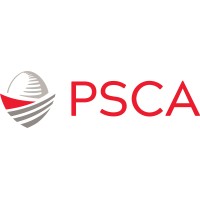
Plan Sponsor Council of America
The Plan Sponsor Council of America (PSCA) is a diverse, collaborative community of employee benefit plan sponsors, working together on behalf of millions of employees to solve real problems, create positive change, and expand on the success of America’s voluntary, employer-sponsored retirement system. With members representing employers of all sizes, PSCA offers a forum for comprehensive dialogue. By sharing our collective knowledge and experience as plan sponsors, PSCA also serves as a resource to policymakers, the media and other stakeholders as part of its commitment to improving retirement security for millions of Americans. For more information, visit www.psca.org.






